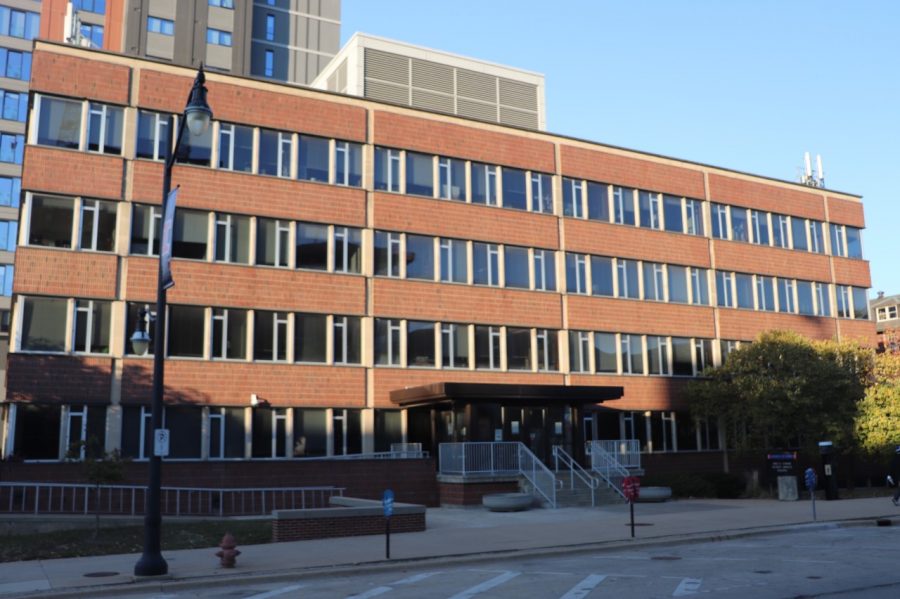University adds more college-centered counselors
The Illinois Counseling Center, located on John Street, on Friday morning is pictured above. The Counseling Center recently added embedded counselors to multiple colleges at the University.
Nov 2, 2020
This academic year, the Counseling Center added embedded counselors to the College of ACES, Applied Health Sciences and University Housing.
Embedded counselors are placed within colleges across the University and were established to make it easier to access campus mental health resources.
“We’re just making sure students get their needs met wherever they are,” said embedded counselor in the Gies College of Business Jennifer House. “We’re having a lot of concerns with stress and isolation.”
Along with pandemic-related stress, the Counseling Center anticipates students to come in with sociopolitical stress from the upcoming election.
Counseling Center services have been conducted online or through telephone due to the pandemic.
Get The Daily Illini in your inbox!
House said they want to meet student needs and be ready for those who need emotional support through weekly workshops.
The Counseling Center has a workshop on Nov. 3 at 7 p.m. specifically about coping with sociopolitical stress.
The responsibilities of counselors in the embedded program provide similar clinical, outreach and prevention services as regular counselors.
The biggest difference is they operate from an embedded site within a specific college and “provide tailored outreach events and workshops,” House said.
Embedded counselors are familiar with specific major paths and course loads of students.
Media Communications Coordinator for the Counseling Center Nichole Evans said expectations within majors are considered, but that there’s also a lot of similarities in the stress students experience.
“We understand there are unique concerns,” she said.
The embedded program started three years ago and was first piloted in LAS and Engineering, the two largest colleges on campus.
“The goal, eventually, is to have an embedded counselor in each academic college,” she said.
One factor that is preventing the addition of more embedded counselors is adequate office space within the college, according to Evans.
Ease of access is a primary goal of the program. In pre-pandemic times, students could visit counselors in-person.
“It’s a lot easier to go to a counselor that is right down the hall as opposed to going to a counselor across campus,” Evans said.
Jackie Way, senior in LAS, said she was not aware of the existence of embedded counselors but has had positive experiences with the counseling center for the past four years.
“One-on-one counseling is a lot more valuable to me … I’ve developed a pretty good relationship and history with my counselor,” Way said. “I feel supported and I’m lucky to have access to a counselor.”
Way has been seeing the same traditional counselor through the Counseling Center since her sophomore year.
Way said the Counseling Center is doing the best with the staff they have, especially with a student body as large as the University’s.
“I personally feel like my mental health needs are fulfilled,” she said. “However, I know many other students are struggling, and I think the University could make more of an effort to acknowledge these students’ struggles.”
Evans said that a lot of students have the misconception that it’s hard to get an appointment.
“COVID has changed things, but in the past, people thought that when the center opened and they didn’t call, they wouldn’t get an appointment,” she said.
There is a spot for everyone and the Counseling Center has triage counselors who can assist right away if appointments happen to be filled, Evans said.
Overall, Evans said the embedded program has been well-received and she’s excited to find more ways to give students access to services even in a pandemic.
Especially with the pandemic, House said it’s important to practice self-care.
“It’s so easy right now to get caught up in one activity after another,” she said. “Some people feel like they can’t ask for help because everyone is struggling, but there isn’t any right or wrong reason to reach out for help.”






